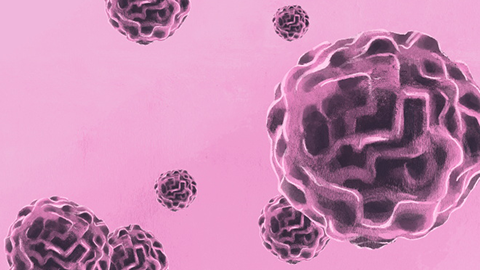Will primary liver cancer recur after being cured?
In general, whether primary liver cancer will recur after treatment depends on the stage of the disease. The recurrence rate is relatively low for early-stage primary liver cancer after successful treatment, while the recurrence rate is higher for intermediate and advanced stages, requiring long-term monitoring of disease changes. Detailed analysis is as follows:

If primary liver cancer is detected early and remains in the initial stage—characterized by a small tumor without metastasis—complete removal of the lesion can be achieved through surgical resection or ablation therapy. With standardized postoperative consolidation treatment and regular follow-up examinations, the probability of recurrence is relatively low, and some patients may achieve long-term survival without recurrence.
When primary liver cancer is diagnosed at an intermediate or advanced stage, the tumor is often large, has invaded surrounding tissues, or already developed distant metastases. Even if clinical remission is achieved through treatment, microscopic residual lesions may still remain in the body. These residual cells may gradually proliferate over time, leading to disease recurrence.
In daily care, it is essential to strictly follow medical advice for regular follow-up examinations, including monitoring liver function, tumor markers, and imaging indicators, so as to detect abnormalities early. A light, easily digestible diet should be maintained, with avoidance of alcohol and high-fat foods to reduce the burden on the liver and lower the risk of recurrence.






